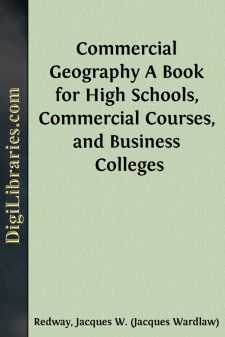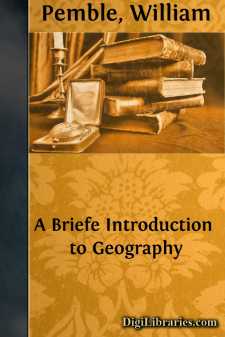Categories
- Antiques & Collectibles 13
- Architecture 36
- Art 48
- Bibles 22
- Biography & Autobiography 816
- Body, Mind & Spirit 145
- Business & Economics 28
- Children's Books 17
- Children's Fiction 14
- Computers 4
- Cooking 94
- Crafts & Hobbies 4
- Drama 346
- Education 58
- Family & Relationships 59
- Fiction 11834
- Foreign Language Study 3
- Games 19
- Gardening 17
- Health & Fitness 34
- History 1378
- House & Home 1
- Humor 147
- Juvenile Fiction 1873
- Juvenile Nonfiction 202
- Language Arts & Disciplines 89
- Law 16
- Literary Collections 686
- Literary Criticism 179
- Mathematics 13
- Medical 41
- Music 40
- Nature 179
- Non-Classifiable 1768
- Performing Arts 7
- Periodicals 1453
- Philosophy 66
- Photography 2
- Poetry 897
- Political Science 203
- Psychology 45
- Reference 154
- Religion 516
- Science 126
- Self-Help 85
- Social Science 82
- Sports & Recreation 34
- Study Aids 3
- Technology & Engineering 59
- Transportation 23
- Travel 463
- True Crime 29
Our website is made possible by displaying online advertisements to our visitors.
Please consider supporting us by disabling your ad blocker.
Commercial Geography A Book for High Schools, Commercial Courses, and Business Colleges
Categories:
Description:
Excerpt
CHAPTER I
GENERAL PRINCIPLES
Commerce and modern civilization go hand in hand, and the history of the one is the history of the other; and whatever may be the basis of civilization, commerce has been the chief agent by which it has been spread throughout the world. Peoples who receive nothing from their fellow-men, and who give nothing in return, are usually but little above a savage state. Civilized man draws upon all the rest of the world for what he requires, and gives to the rest of the world in return. He is civilized because of this fact and not in spite of it.
There is scarcely a country in the world that does not yield something or other to civilized peoples. There is scarcely a household whose furnishings and contents do not represent an aggregate journey of several times around the earth. A family in New York at breakfast occupy chairs from Grand Rapids, Mich.; they partake of bread made of wheat from Minnesota, and meat from Texas prepared in a range made in St. Louis; coffee grown in Sumatra or Java, or tea from China is served in cups made in Japan, sweetened with sugar from Cuba, stirred with spoons of silver from Nevada. Spices from Africa, South America, and Asia season the food, which is served on a table of New Hampshire oak, covered with a linen spread made from flax grown in Ireland or in Russia. Rugs from Bokhara, or from Baluchistan, cover the floors; portières made in Constantinople hang at the doors; and the room is heated with coal from Pennsylvania that burns in a furnace made in Rhode Island.
Now all these things may be, and usually are, found in the great majority of families in the United States or Europe, and most of them will be found in nearly all households. Certain it is that peoples do exist who, from the immediate vicinity in which they live, procure all the things they use or consume. In the main, however, such peoples are savages.
A moment's thought will make it clear that before an ordinary meal can be served there must be railways, steamships, great manufacturing establishments, iron quarries, and coal mines, aggregating many thousand millions of dollars, and employing many million people. A casual inspection, too, reveals the fact that all of the substances and things required by mankind come from the earth, and, a very few excepted, every one requires a certain amount of manufacture or preliminary treatment before it is usable. The grains and nearly all the other food-stuffs require various processes of preparation before they are ready for consumption by civilized peoples. Iron and the various other ores used in the arts must undergo elaborate processes of manufacture; coal must be mined, broken, cleaned, and transported; the soil in which food-stuffs are grown must be fertilized and mechanically prepared; and even the water required for domestic purposes in many instances must be transported long distances.
AGRICULTURE AND MANUFACTURE SUPPLEMENT EACH OTHERA little thought will suffice to show that not only are all food-stuffs derived from the earth, but that also every usable resource which constitutes wealth is also drawn from the same source....



